Rwanda is banning cars from its capital for one day a month
For five hours on Sunday (Aug 14), cars were banned from Rwanda’s capital of Kigali. Instead, the streets were filled with groups of Rwandans clad in sweats and sneakers, walking, jogging, or stretching. People gathered in Rwanda’s biggest stadium, the Amahoro Stadium, for free eye tests and general medical check ups.
Kigali joins a global “pedestrianization movement” where cities around the world are experimenting with car-free days. World Car Free Day is Sept. 22 but more cities like Bogota, Colombia, and Jakarta, Indonesia are hosting weekly days. (Bogota also hosts a city-wide car free dayevery year.)
New York City’s Summer Streets campaign reserves seven miles of lower Manhattan for pedestrians and cyclists for half a day. The City of North Vancouver closed a main avenue this weekend to put in place a giant water slide.
Kigali’s car free days—so far it has hosted three them and the city says it plans to hold them every month—are one of a slew of city improvement measures that Rwanda has undertaken in its bid to become one of Africa’s cleanest and most developed cities.
On Fridays, work ends early and Rwandans are advised to go out and exercise. The last Saturday of every month is Umuganda, or “coming together” day where everyone above the age of 18 and under the age of 65 is expected to help clean the streets, trim bushes, or repair public buildings. The city also bans the use of plastic bags, walking barefoot, or sharing drinks.
In some ways, the measures have worked. Kigali is consistently ranked among the cleanest and safest cities in the world, a sharp turnaround for a country that experienced a deadly genocide two decades ago.
But critics say Kigali’s many rules focus too much on fighting “signs of poverty” rather than poverty itself. Homeless people, street children, and street vendors—once deemed by the mayor of Kigali to be an “impediment to cleanliness“—are being detained in so-called “rehabilitation centers” where they are often beaten and deprived of food and water, according to Human Rights Watch last month.
Sign up for the Quartz Africa Weekly Brief — the most important and interesting news from across the continent, in your inbox.



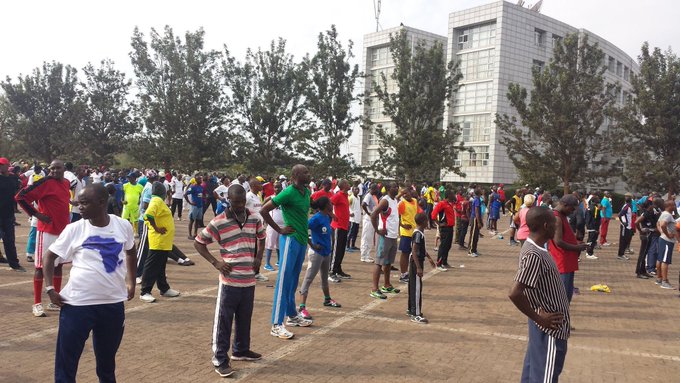
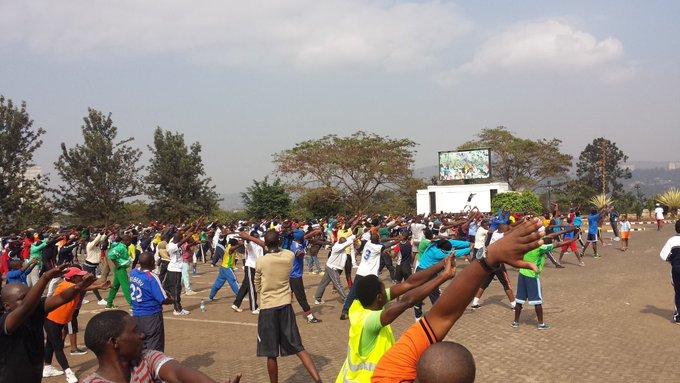
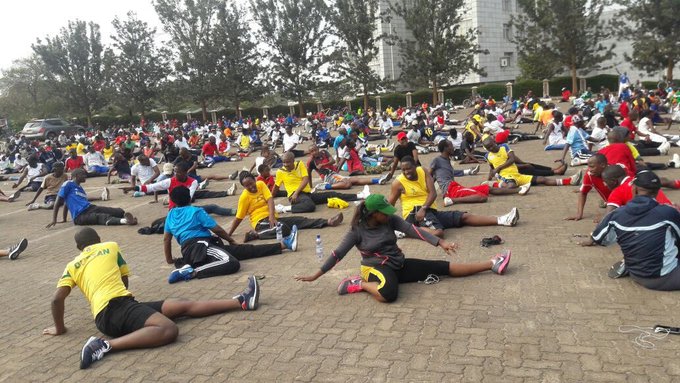
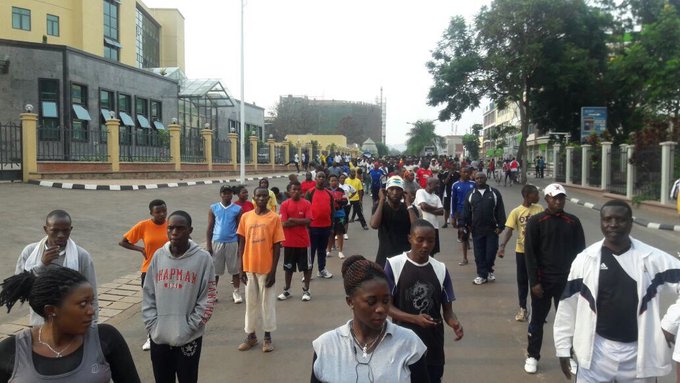
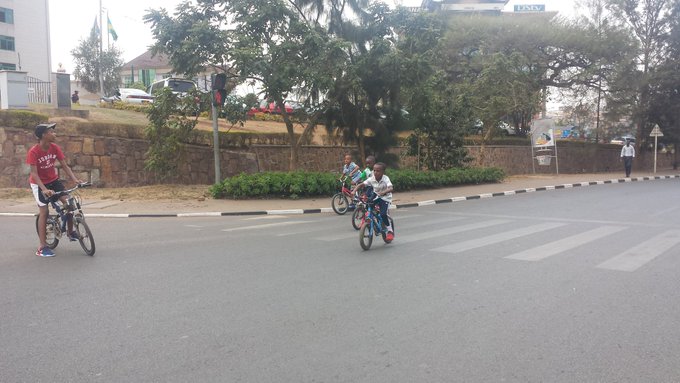
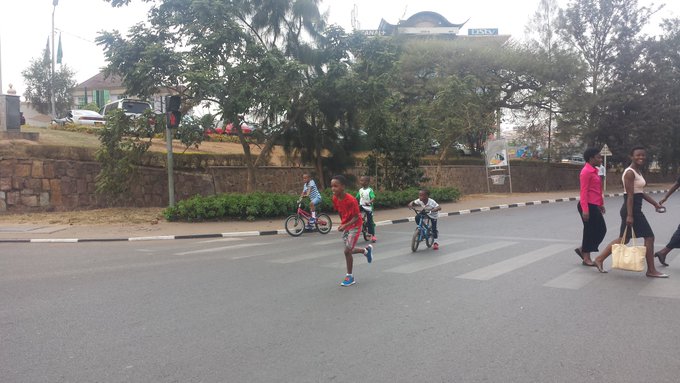

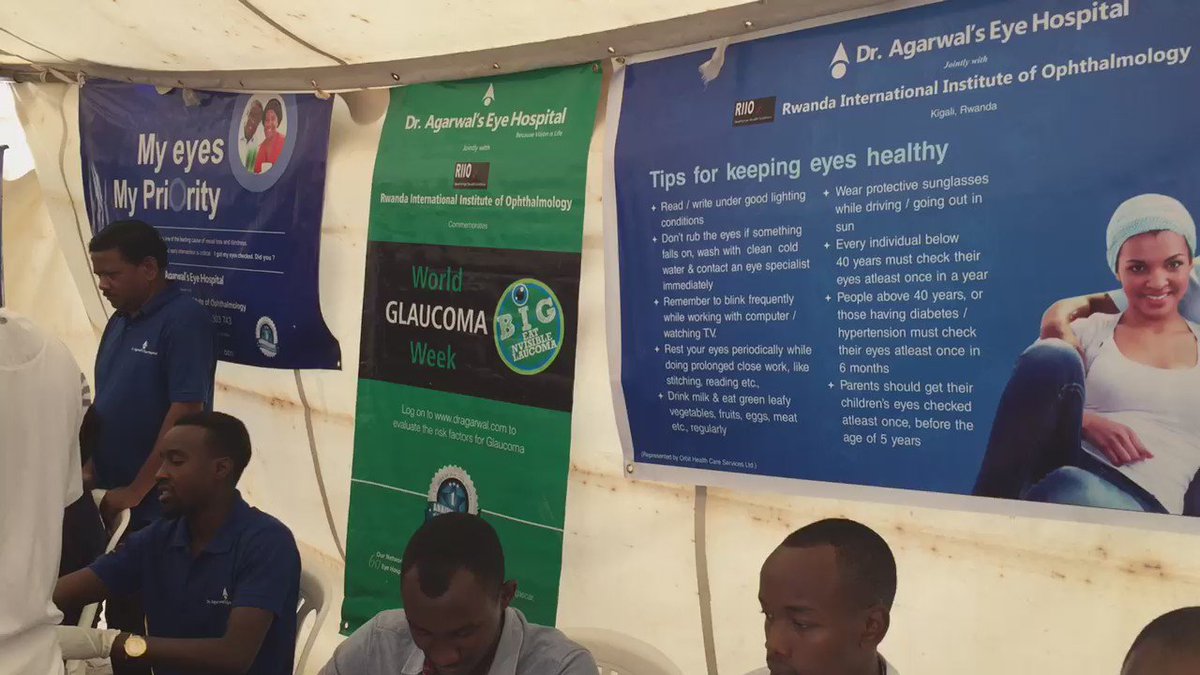






No comments:
Post a Comment